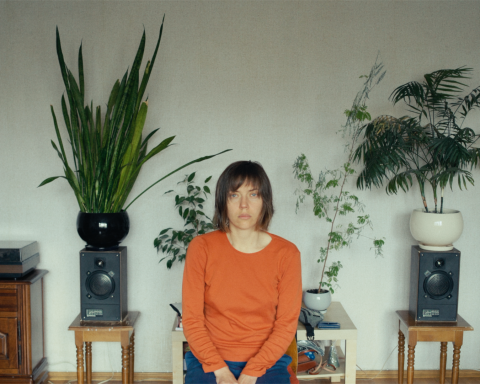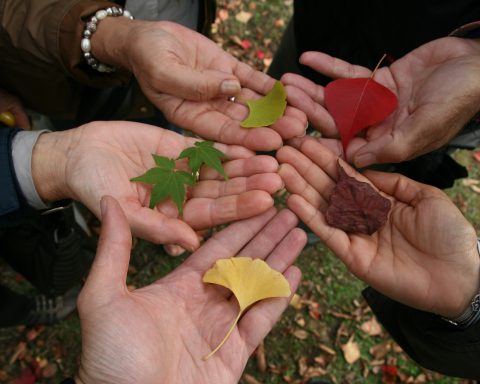Ruth Williams Khama’s obituary in The Scotsman opened with the decision that defined her life: marrying a black man named Seretse Khama in 1948. Seretse happened to be the heir to the Bamangwato throne in what would become Botswana.
The couple met when he was studying in England – in the metropole, like many African liberation leaders did – and she was working as a clerk in the city offices. They connected at first over their love of jazz. Their romance blossomed quickly despite the racial related hostility they often encountered. Seretse proposed to her on the verge of going back home to assume tribal leadership in the then-British protectorate of Bechuanaland.
They did foresee some difficulties of a white British woman marrying a black chieftain-to-be and becoming his queen in an African country under British control. But little did they know that it would have so many ramifications. Fierce opposition to their marriage came not only from her parents (who disowned her) and his uncle and regent, Chief Tshekedi Khama – but also from the high political echelons in England and South Africa.
The Khama couple represented everything the white minority government in its neighboring South Africa stood against.

“Atlee’s [Labor Party] government tried to destroy it, cravenly anxious to prevent South Africa, with its newly elected pro-apartheid National Party government, from leaving the Commonwealth.” The Scotsman obit recounts. “The Anglican Archbishop of London, Dr William Wand, refused Seretse and Ruth, both Christians, a church wedding. The London Mission Society, which had a powerful presence in Bechuanaland, threatened to send lobbyists to any church wedding in an effort to prevent it.”
The Khamas suffered direct and relentless pressure from British representatives in Bechuanaland. They went forward with their marriage anyway, and had children together. Political forces put them into exile for a while, but they managed to fight back and return to Seretse’s home. Eventually, he would become the first President, and she the First Lady of Botswana, after the country transitioned peacefully into independence in 1966.
“The romance of Seretse and Ruth was one of the great love stories of the world,” Tanzania’s Julius Nyerere has been quoted as saying, also by The Scotsman obit.
President Seretse Khama is said to have laid the foundations that would make Botswana an enduring example of democracy and sound economy in Africa. Ruth dedicated time to humanitarian work in the land she embraced, and which embraced her back.
The two stayed married until Seretse died of pancreatic cancer at age 59. Ruth would die in 2002, at age 78, in the capital Gaborone, and be buried next to Seretse in Botswana. Their son Ian Khama is the current President of the country.

The film A United Kingdom, directed by Amma Asante, gives us more intimate details of the love story of Botswana’s very first First Couple.
Surely it is romanticized, and glosses over details such as the fact Khama did give up his post as chieftain for a while, and tried his hand at cattle farming, before founding the Bechuanaland Democratic Party. Its strength seems to be in its portrayal of people rather than events.
A United Kingdom chronicles the love between Ruth (Rosamund Pike) and Seretse (David Oyelowo, who also played MLK in Selma) in a tender and respectful manner. Watch as they exchange their first glance, and everything else becomes secondary – which foreshadows how they would conduct their lives.
According to friends from South Africa and Zimbabwe with whom I watched the movie, it accurately portrays mannerisms they can relate to their own culture. Like elders coming to community meetings in their Sunday best, no matter if they have very little to their name. And the way the African women scoff at Ruth at first, and then show their appreciation for her later. And the scenes where Ruth has her first baby, and the black mothers look at her as one of their own.
The two protagonists are convincing in the way they interact with each other, and others – family members, government people – are also convincing in the way they do not accept them, but then have no choice. Ruth wins Khama’s people all over with her simplicity and resilience, while Khama affirms his leadership among his people and also to the British.
The film could have given the couple’s relationship more emotional development, before their decision to commit and fight against the intolerance of pretty much everyone they come across. Regardless, it’s a love story that gives us hope in a time where structural racism is still very much alive.
That, and the transience of relationships. How many of us would go through so much to stay with another person?
You can check out the movie for yourself in Leipzig. It’s playing at Schauburg Tues 18 April, at 8 p.m., and Passage Kinos Tues & Wed at 6:15 p.m., in German. Visit our movies page for a weekly updated list of showings in their original version.
Cover photo: The real Ruth and Seretse Khama in Botswana. Used in the film and widely in its publicity.









